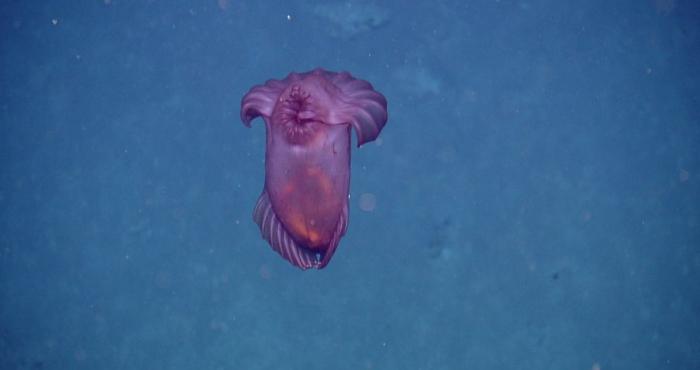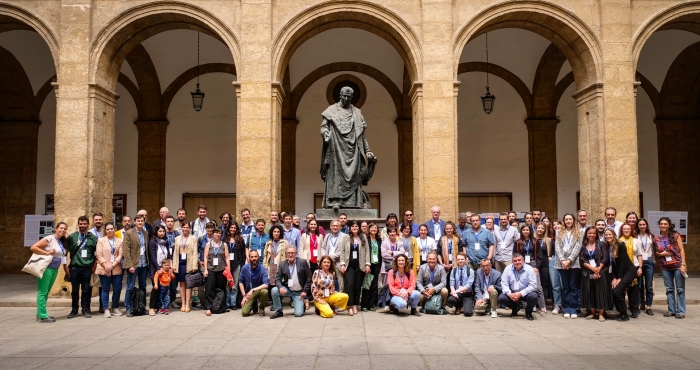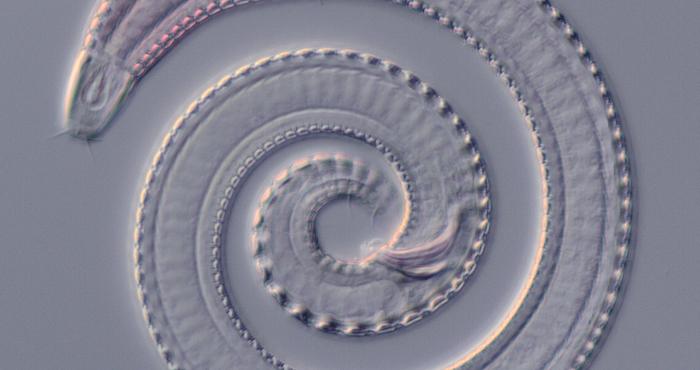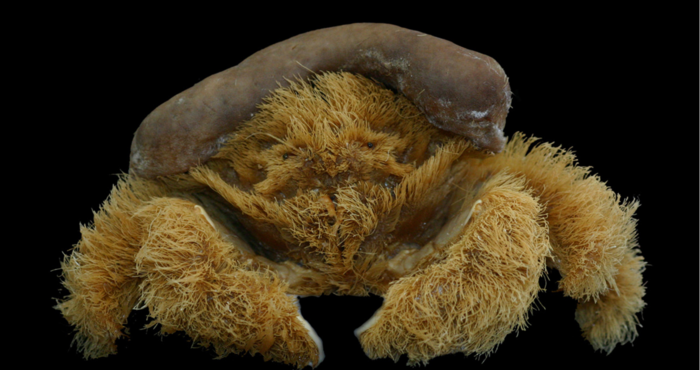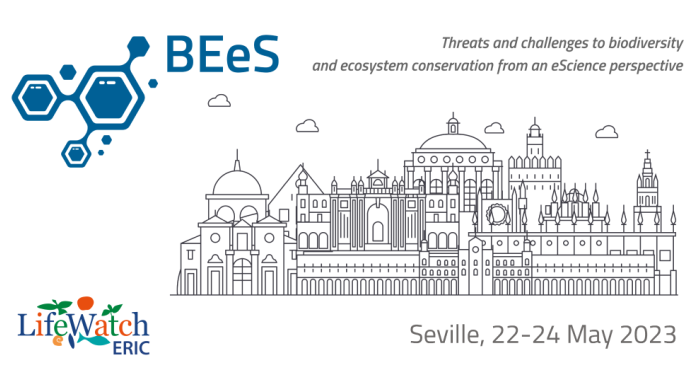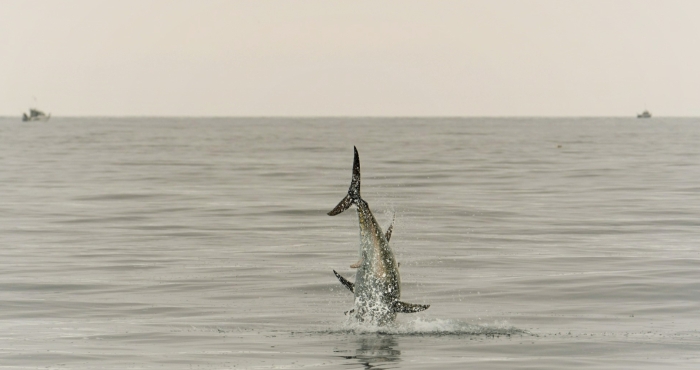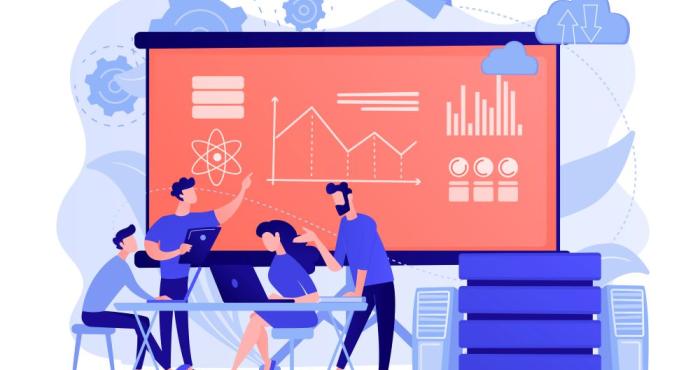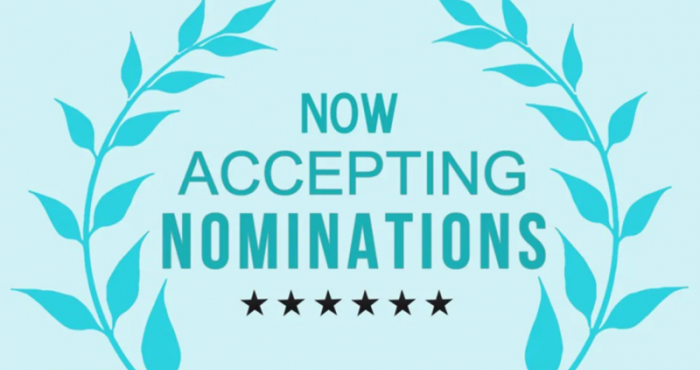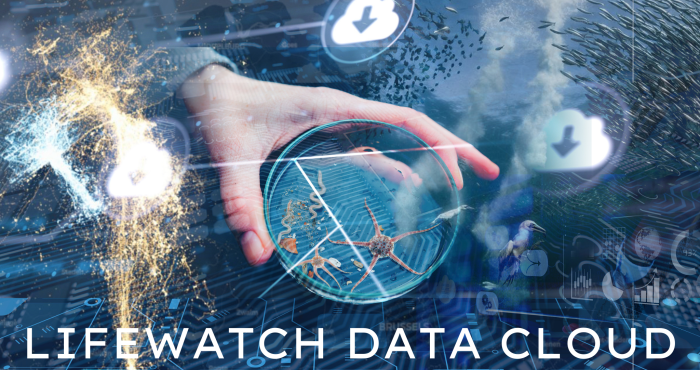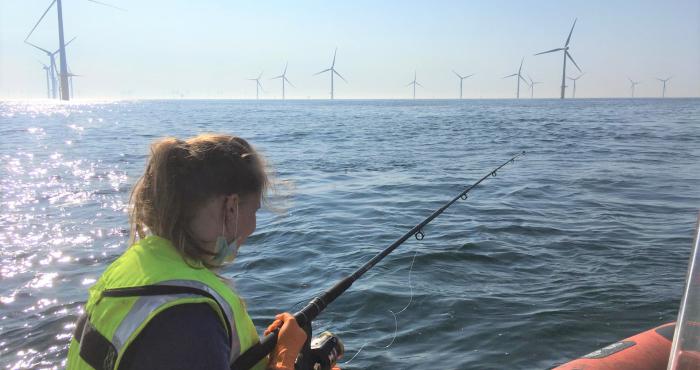
There’s no plaice like an offshore wind farm
Offshore wind farms are built at a high rate in European waters to make the transition towards more green energy sources. Their development takes up marine space that is often not available anymore to other users such as the fisheries sector. This while knowledge on the ecological effects of wind...
